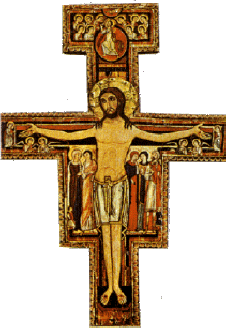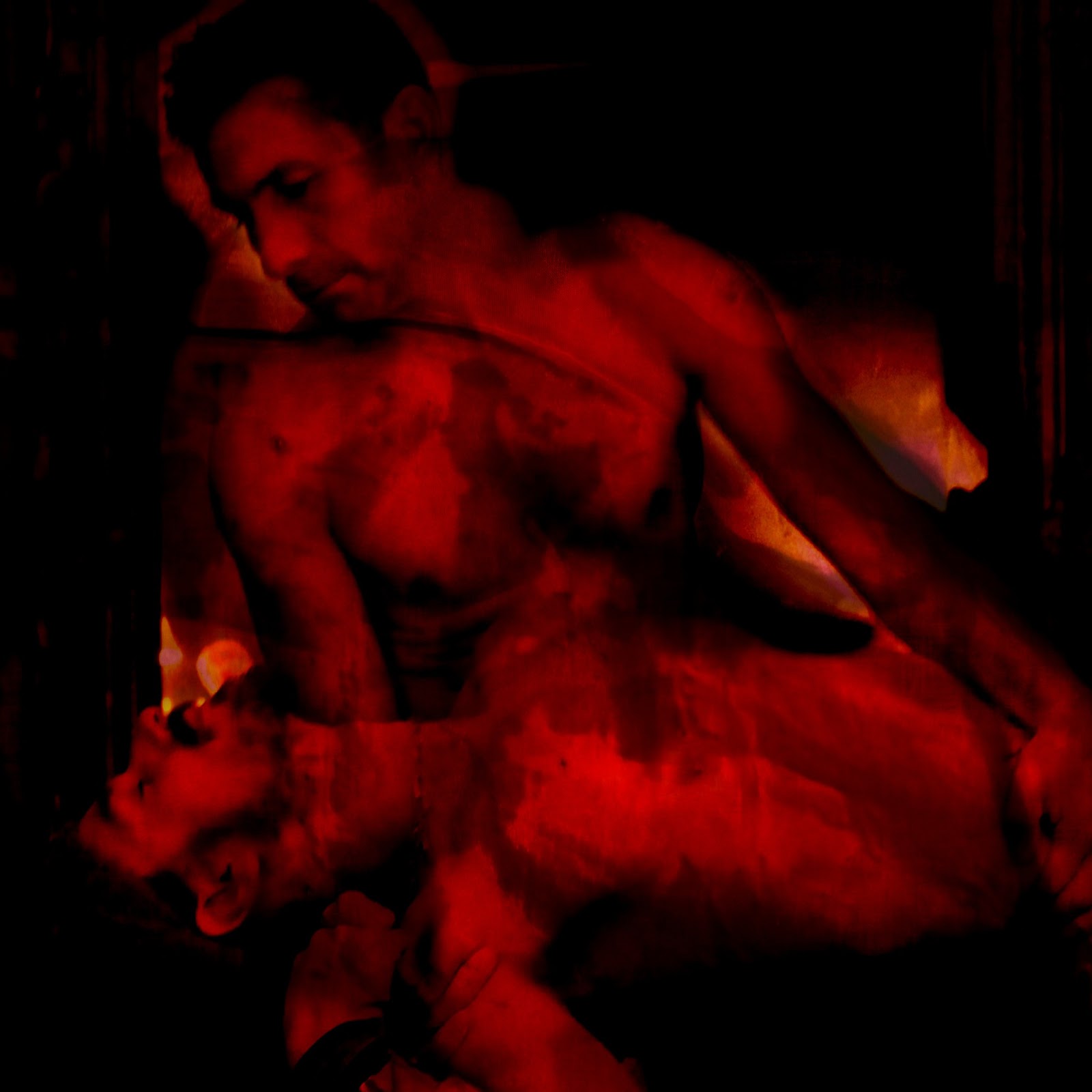 |
| Manchester Unity Building Melbourne |
In the book it refers to his preschool aged daughter who he takes from her mother when he discovers her adultery. He is an itinerant worker and he takes his swag and his daughter with him on the road. In the novel there is a constant tension between her developing capacity to walk by herself and her need for her father to carry her
Here are the opening lines of the book which are beautifully written
THERE was a man who had a cross and his name was Macauley. He put Australia at his feet, he said, in the only way he knew how. His boots spun the dust from its roads and his body waded its streams. The black lines on the map, and the red, he knew them well. He built his fires in a thousand places and slept on the banks of rivers. The grass grew over his tracks, but he knew where they were when he came again.
He had two swags, one of them with legs and a cabbage-tree hat, and that one was the main difference between him and others who take to the road, following the sun for their bread and butter. Some have dogs. Some have horses. Some have women. And they all have mates and companions, or for this reason and that, all of some use. But with Macauley it was this way: he had a child and the only reason he had it was because he was stuck with it.
Darcy Niland has commented
"It is a biblical truth that all men have burdens. This is the simple story of a man with a burden, a swagman with his swag, or shiralee, which in this case happens to be a child. I have often thought that if all burdens were examined, they would be found to be like a swagman's shiralee - not only a responsibility and a heavy load, but a shelter, a castle and sometimes a necessity."
Sacrifice is a two edged sword - the one hand it is crippling painful and debilitating on the other it provides meaning and purpose.
These are the words I have imposed on my image
I have been reflecting on the nature of sacrifice and have come up with five categories .
These are -
1. sacrifice in caring for children - of all sacrifices required this is the clearest one - if you are responsible for a child's welfare you have to put them before yourself until they reach maturity . If you are not up for this sacrifice don't have children . There is a loss involved of freedom and self determination but as an empty nester I can tell you that it is not permanent
2. Sacrifice for a lover - the classic example - two people meet travelling - if they are to stay together there are three options - continue to live away from both sets of friends or family or return to one of the partners country of origin . Either way for the relationship to continue sacrifice is required . In a way its a true sign of love as opposed to mutual convenience - it is the sword hidden in the pinions of love as Kahil Gibrain would say.
However there is a dark side - in my work as a psychiatric social worker and in my own family I have seen the type of sacrifice that puts up with abusive behaviour -such as suspiciousness or morbid jealousy in order to appease the partner. The price of appeasement is high in terms of physical and mental health and usually the behaviour gets worse
3. Sacrifice for an ageing parent
This is a bit more complex. An ageing parent's circumstances are a consequence of the society they grew up in and the choices they have made. If my mother wont drive because she believes its the role of the husband ( now dead ) how much is it my responsibility to transport her to every family function?
If she behaves in a homophobic and judgemental manner towards me how much do I still have to look after her ?
4. Sacrifice for a completely dependent individual with no capacity to make decisions
The toughest of all this is sacrifice without any rewards or recognition .My intellectually disabled cousin now has dementia and cant recognize anyone . Am I still responsible for his care ? In some ways this a new category of sacrifice made possible by modern medicine which can prolong life regardless of quality
5 The final sacrifice is that involved in the care of the dying - in the case of my father who got ill and died within a week mercifully short







